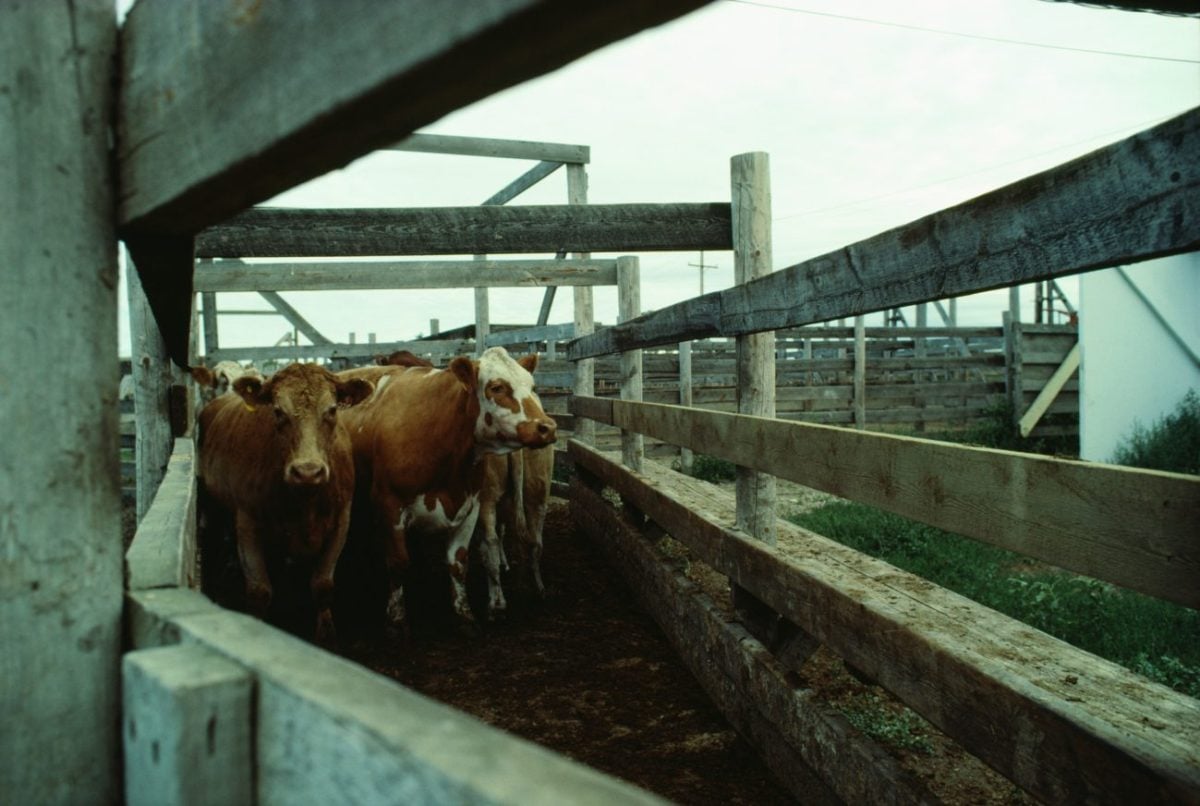Dec 31 (Reuters) – Prices for dried distillers’ grains (DDGs), a byproduct of corn-based ethanol that is used as animal feed, fell $30 per ton at U.S. export markets after top buyer China rejected two shipments last week because of the presence of an unapproved strain of genetically modified grain, traders said on Tuesday.
Bids for shipments during the first three months of 2014 fell to $190 per ton in the Mississippi River market that flows to export terminals along the U.S. Gulf Coast, traders said.
That is down from $220 last week, on the day Chinese news agency Xinhau reported that two cargoes of DDGs from the United States were rejected from the eastern port city Shanghai – and down from $275 earlier this month.
Read Also

U.S. livestock: Cattle futures gain on higher beef values, tight supplies
Chicago | Reuters – Chicago Mercantile Exchange live cattle futures climbed for a third straight session on Tuesday, propelled by…
“The DDG market continues to work lower (with) buyers backing away and sellers looking for homes,” an export trader said.
The rejections of 2,000 tonnes of DDGs represent only a small portion of China’s expected imports. During the last marketing season, the country imported a record 2.8 million tonnes, according to U.S. Agriculture Department data.
Still, some U.S. exporters were said to be halting shipments of DDGs to China, leading to a bigger domestic supply that is likely to weigh on other high-protein animal feeds such as soymeal.
“The people I am talking to (say) there have been some additional containers that have been canceled,” said AgResource Co analyst Dan Basse. “The back-up of DDGs in the United States is going to cause some pressure and likely will affect (soy) meal prices also.”
China has rejected 545,000 tonnes of U.S. corn during the past two months after cargoes were found to contain Syngenta AG’s MIR 162 corn, a GMO variety that has been awaiting China’s approval for more than two years.














